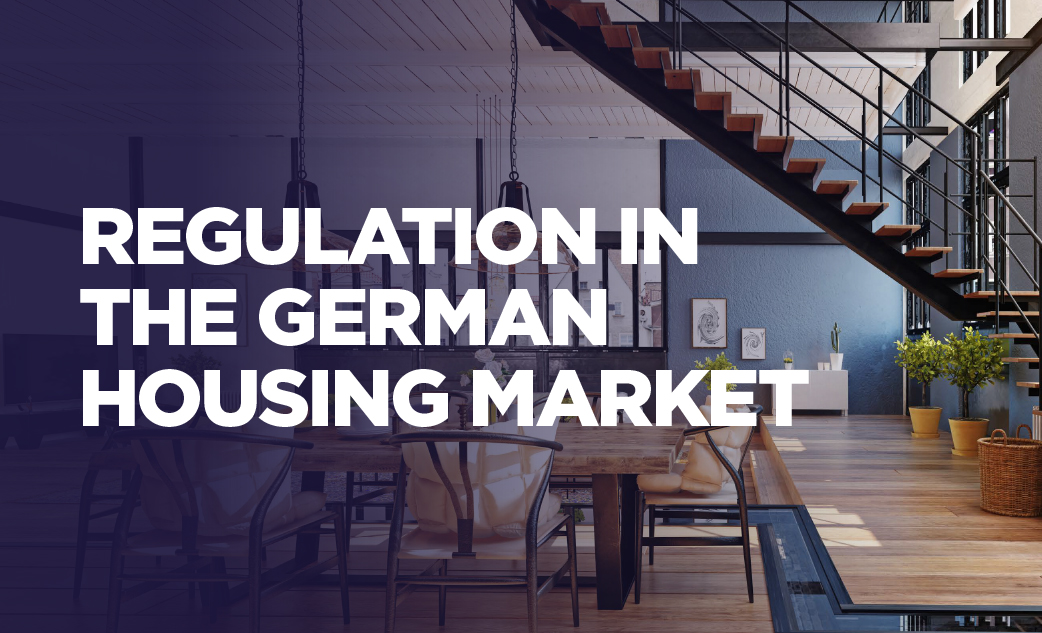23 million singles currently live in Germany. A not inconsiderable proportion also feel comfortable with this. What used to be rather unusual - especially over the age of 30 - is now increasingly becoming the expression of a generation that loves independence and likes to take a critical look at moving in with a partner. Because a "life partner" brings not only idyllic togetherness, but also obligations, consideration and sometimes issues of heated discussion. With their new flexibility in mind, singles and couples have a choice: to live alone in their own flat or to share four walls.
What may sound like freedom for younger generations looks quite different for older people. When mobility decreases, living alone quickly tips towards loneliness, neediness and social isolation. And after all, the over-70s make up the majority of people living alone in Germany. Modern housing concepts for old age are therefore becoming more important and socially urgent. In 2050, one third of our fellow human beings will be over 60 and will find themselves in exactly this situation: Every visit from the family will quickly become a long-awaited highlight.
Modern care concepts are responding to this change with new formats: Shared apartments for the elderly, mobile care services for those in their own home and age-appropriate neighbourhood developments are springing up everywhere. In this way, the care facility becomes a social network intended to compensate for the absence of the extended family. But what exactly do people today want regarding an age-appropriate future? What factors do these plans depend on? Family status? Wealth? Social status? The region in which one lives? And how can we design future-proof forms of care today? We asked.





